Animals and humans metabolise our foods differently. This explains why some human foods can or cannot be consumed by our pets. Monitoring their food ensures that they receive the right balance of essential nutrients, vitamins, and minerals. It helps prevent deficiencies or excesses that can lead to health issues such as obesity, malnutrition, organ problems, and a weakened immune system.
On that note, here’s a list of what you should or shouldn’t feed your cats and dogs so as to ensure their health and lifespan.
Foods your pet will enjoy
These foods are generally safe for your cat and/or dog when given in moderation and served safely. They can be turned into healthy treats too!
Carrots
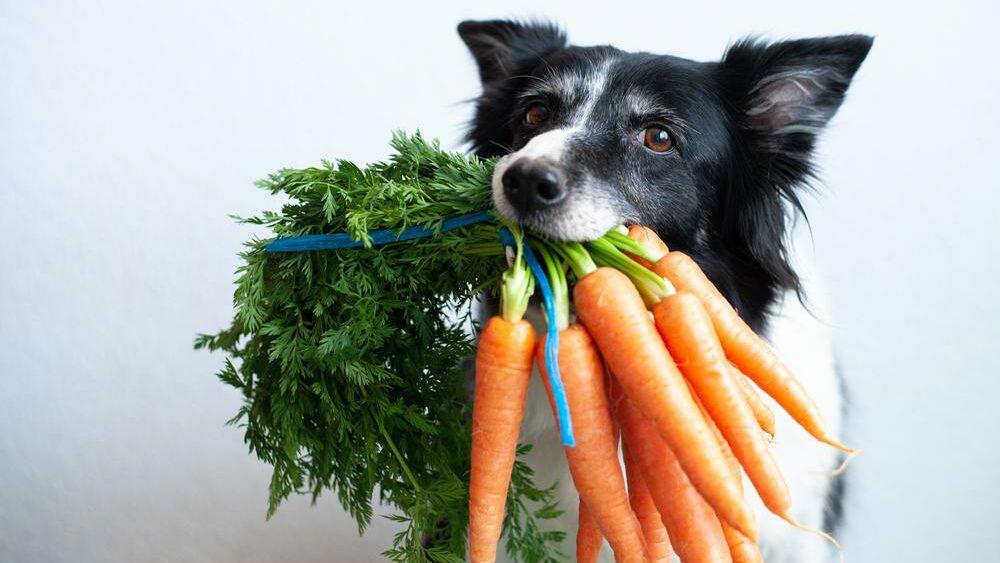
Carrots are low in calories and a good source of vitamins, minerals and fibre. In relatively small amounts, cooked carrots can be a safe and healthy treat for cats and dogs. Make sure to prep them without seasonings and to cut them into bite-size pieces to prevent choking.
Peanut Butter
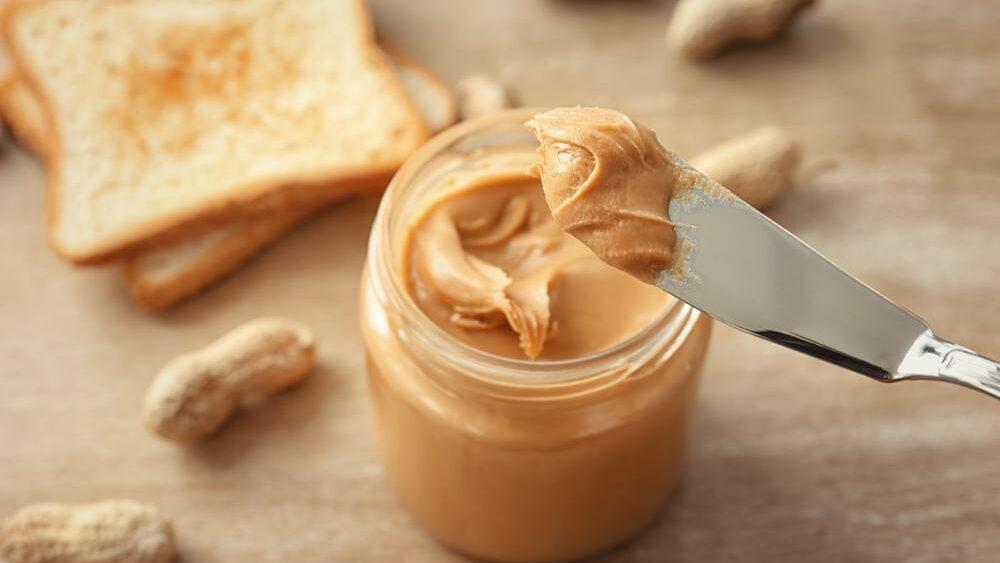
No, your pets don’t need peanut butter in their diet. But, you could give them a smidgen of it. Some owners make use of the thick texture and smell of peanut butter to conceal medication for their picky pets. Make sure to use peanut butter that’s free of xylitol as it can cause vomiting, lethargy, or worse, liver failure.
Eggs
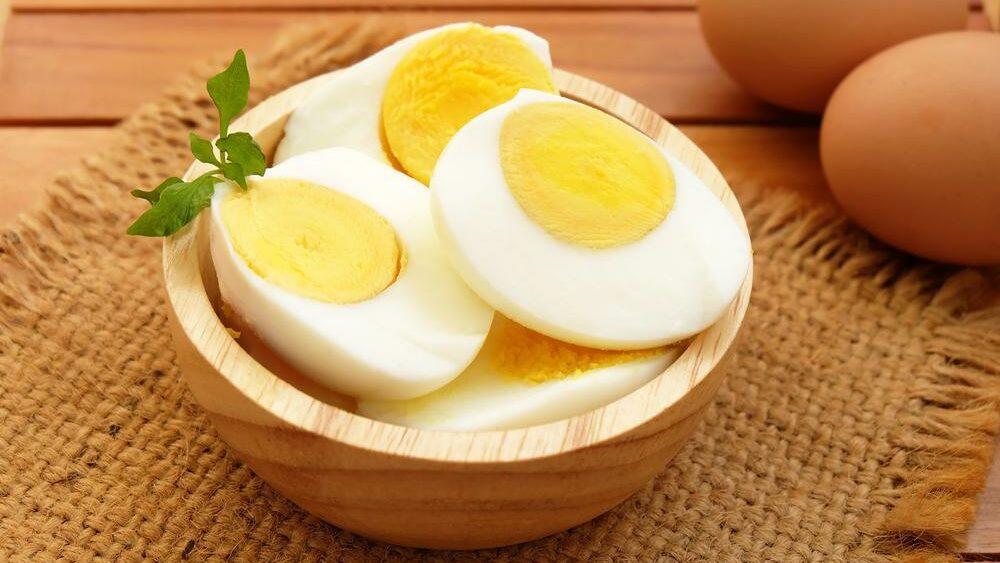
One medium egg provides some of almost every vitamin and mineral, plus lots of protein. Make sure those eggs are cooked well. Consuming raw eggs can lead to Salmonella or E. coli poisoning in your kitty and pooch. These bacteria can potentially spread to us, owners too.
Foods for occasional indulgence
These foods are loved by most cats and dogs but do serve them only occasionally and don’t forget to ask your vet for the green light prior to serving these to your pet.
Cheese
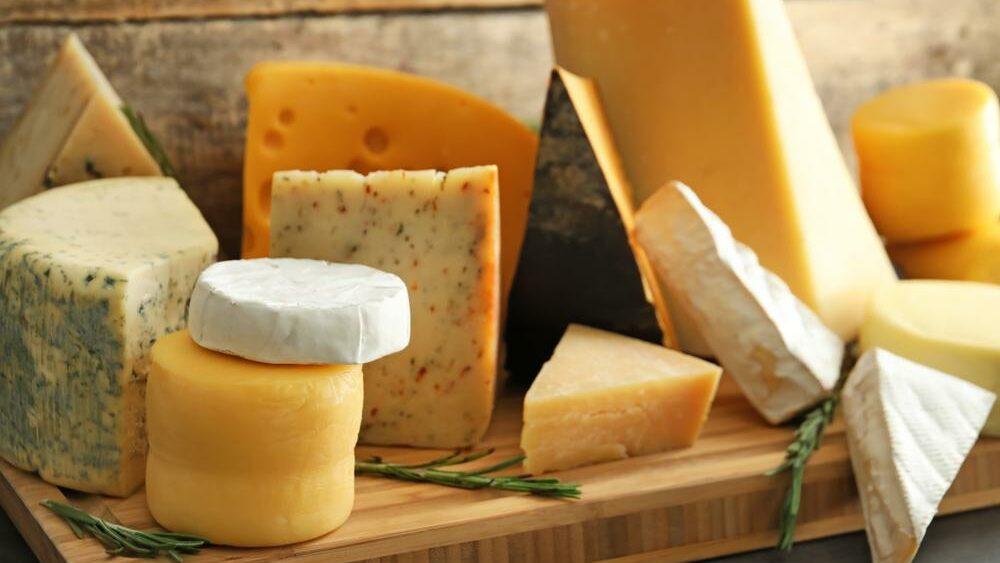
Unflavoured cheeses are Gouda for your pets (see what we did there?). That’s because cheese is high in calcium and protein. But, they also contain fat and lactose that may cause stomach pain and diarrhoea if consumed too much. So, limit your pet’s cheese intake to a slice or wedge once in a while.
Milk
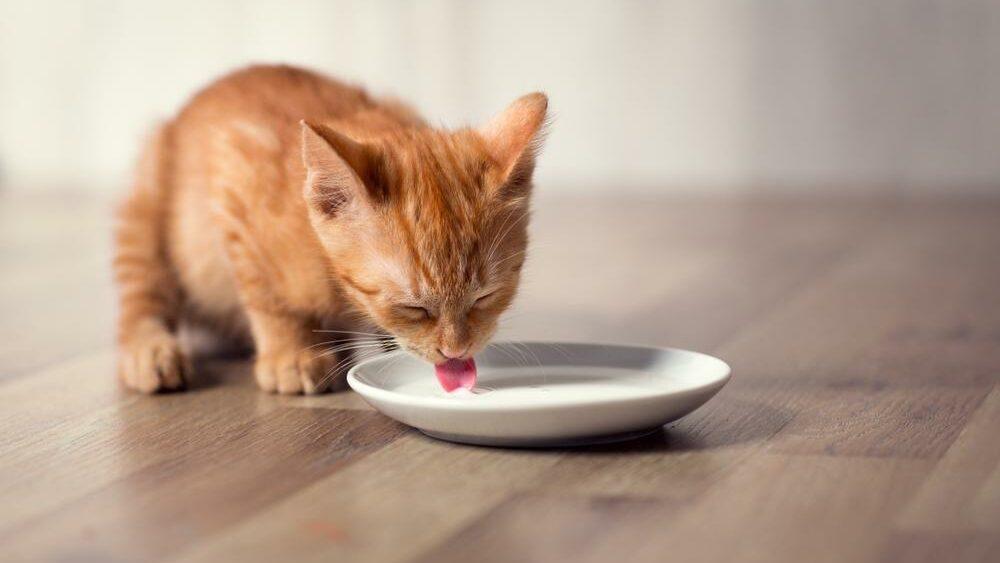
Pets were once able to digest the lactose in their mother’s milk. Although having been exposed to milk for a brief period, pets’ digestive systems aren’t ready for the reintroduction of lactose. So, frequently drinking milk or milk-based products like ice-cream can lead to lactose intolerance resulting in loose stools, gas, vomiting, stomach pain and diarrhoea.
Cashews
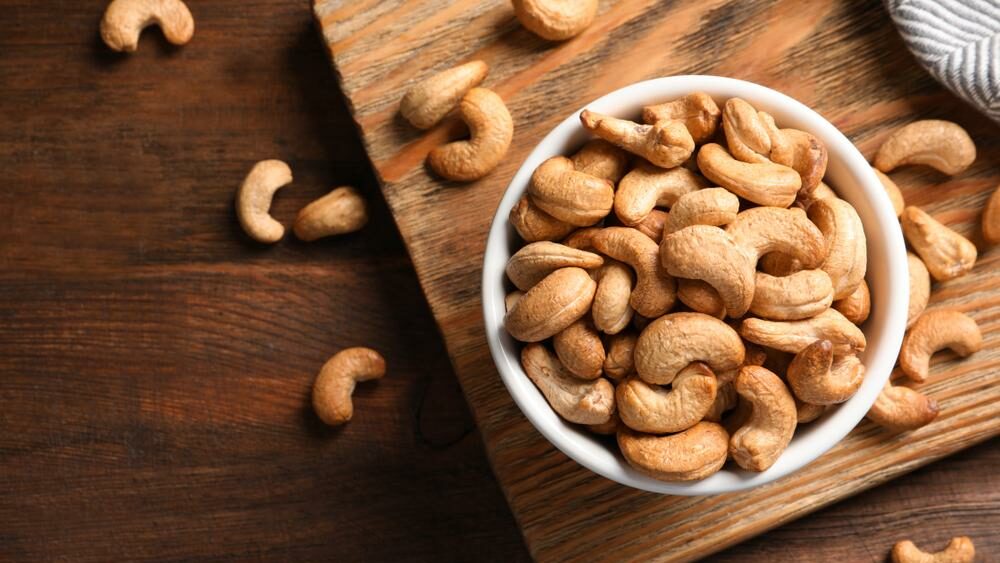
Dogs and cats can take plain, unsalted and roasted cashews in moderation. Because they’re high in fat and calories, eating too much may lead to weight gain, pancreatitis, upset stomach and diarrhoea. So, the quantity for cashews can only go up to one or two cashews in a day or less. Also, do serve them safely as cashews are hard and might turn into a choking hazard.
Foods to avoid
These foods should be avoided at all costs.
Grapes
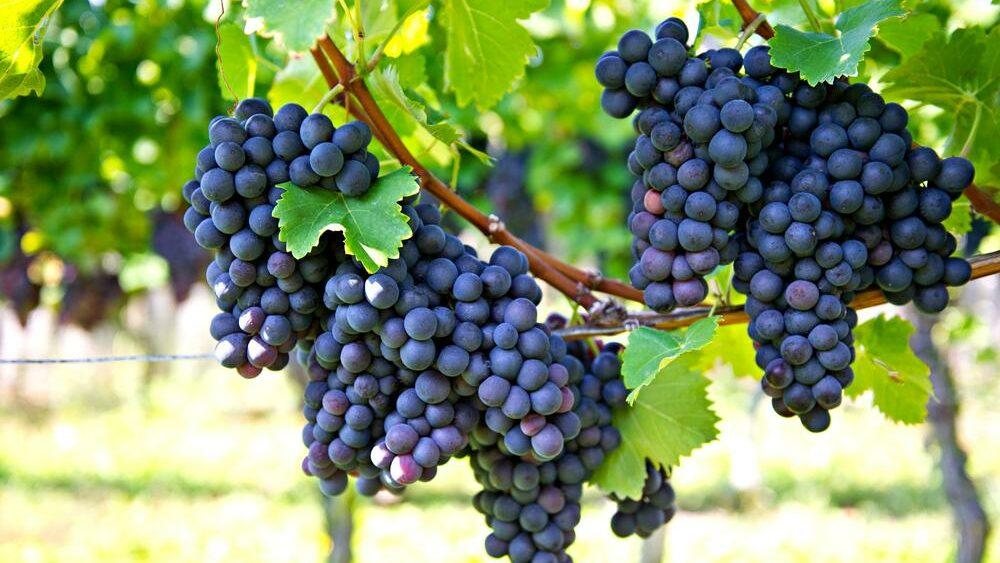
Grapes are a big no-no for kitties and doggies. Animals can’t metabolise tannins, flavonoids, and monosaccharides in grapes. Thus, ingesting the tiniest bit can lead to abdominal pain and kidney failure.
Chocolate
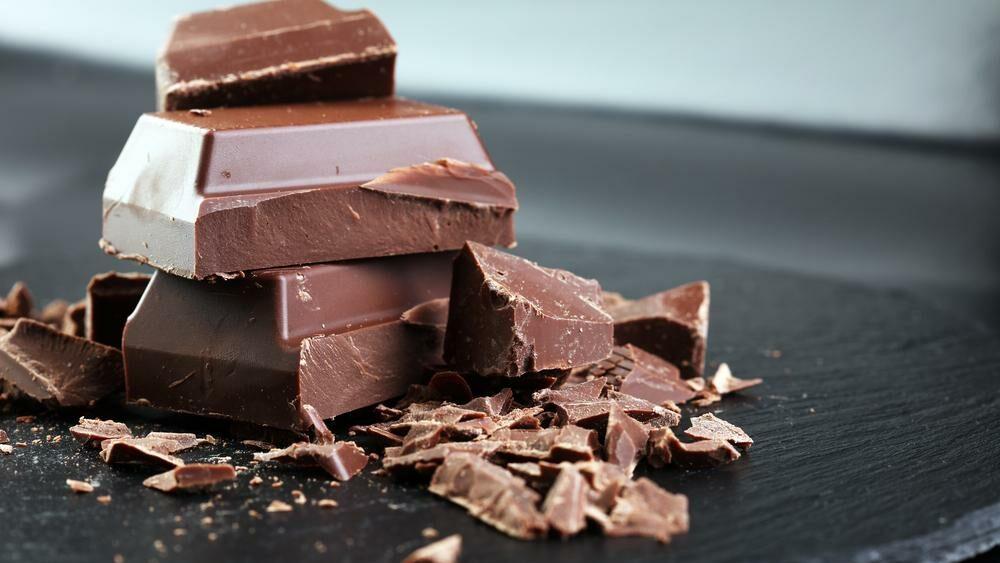
Feeding your pets chocolate is probably the biggest sin you could ever commit. That’s because chocolates contain theobromine, methylxanthines and caffeine that cats and dogs can’t metabolise. Darker, less sweet varieties of chocolate like cocoa powder are more poisonous than sweetened varieties like milk chocolate. Ingesting it can result in your pet vomiting, having diarrhoea, internal bleeding and seizures.
Onions
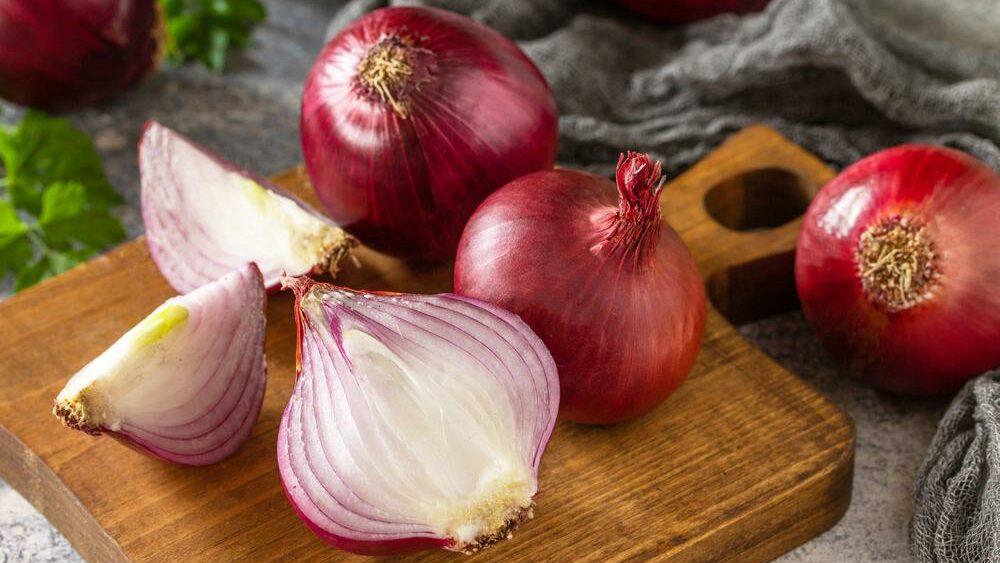
All forms of onions are toxic for your pets. That means onions, garlic, shallots, processed powders and their juices can cause damage to their red blood cells and lead to anaemia. The consequences of anaemia are lethargy, weakness, decreased appetite and fainting.
What about other pets?
#1 Hamsters
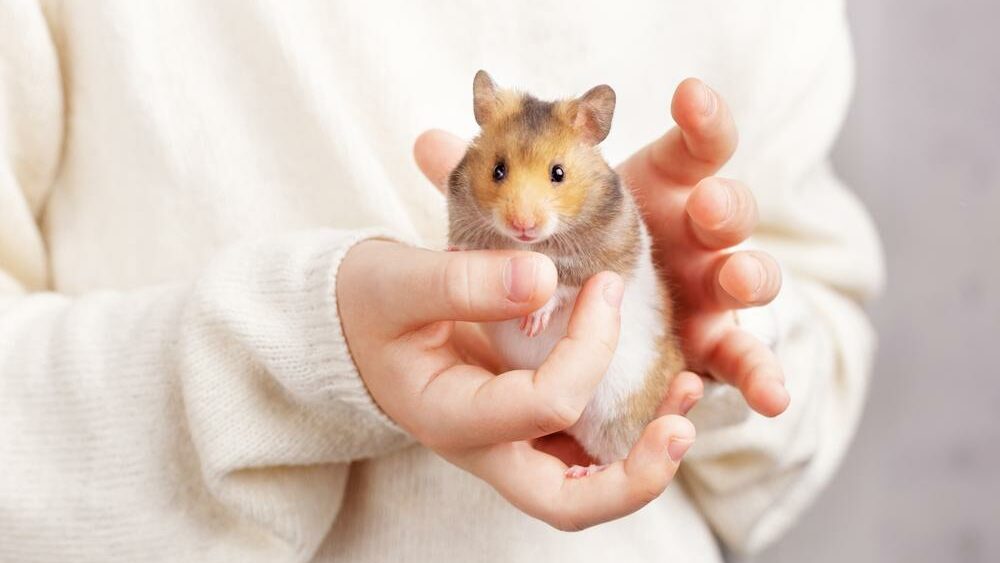
YES: Pellets, seeds, fresh vegetables and fruits.
LIMIT: Peanut butter, bananas and broccoli.
NO: Red meat, raw beans and citrus fruit.
#2 Rabbits
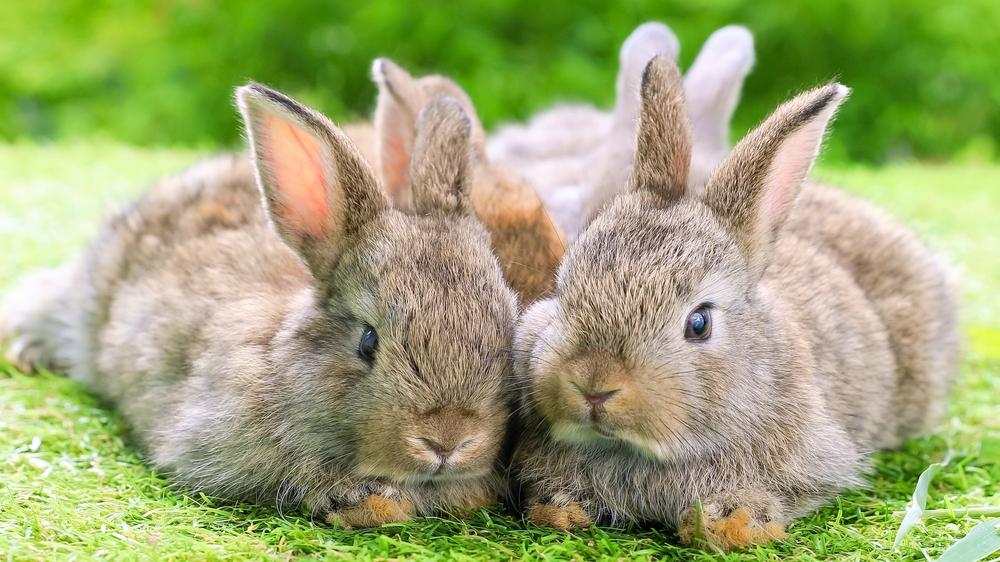
YES: Rosemary, hay and coriander.
LIMIT: Fruits with seeds, oatmeal and raisins.
NO: Avocados, cereals and nuts.
#3 Birds
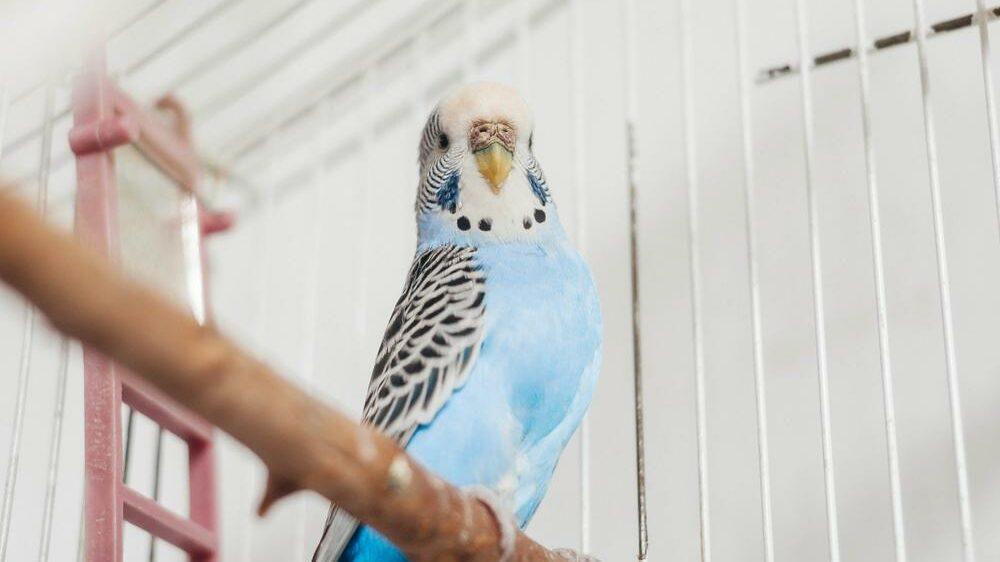
YES: Pellets, seeds and bananas.
LIMIT: Fruits with seeds, cooked meat and unsalted almond.
NO: Caffeine, garlic and honey.
Why can’t pets eat table scraps?
Now that you know what human foods pets can’t, can and should limit eating, here’s more on why that is:
It can cause digestive problems.
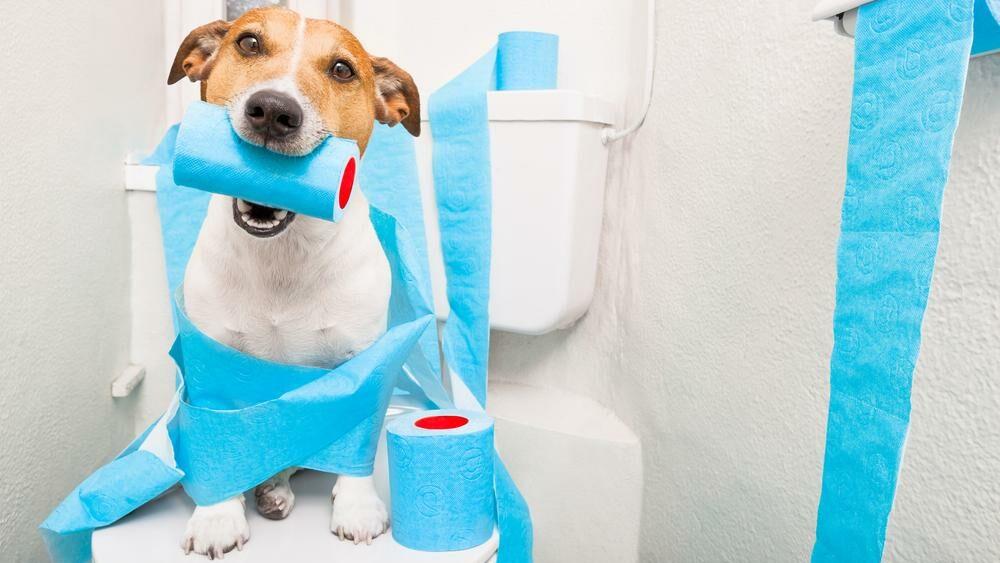
Many human foods are processed. Hence, their ingredients can prove fatal to our pets. Pets can also have allergies to certain foods. Think again before handing over restaurant leftovers to your pets. What if they end up with severe reactions?
It can lead to weight gain.
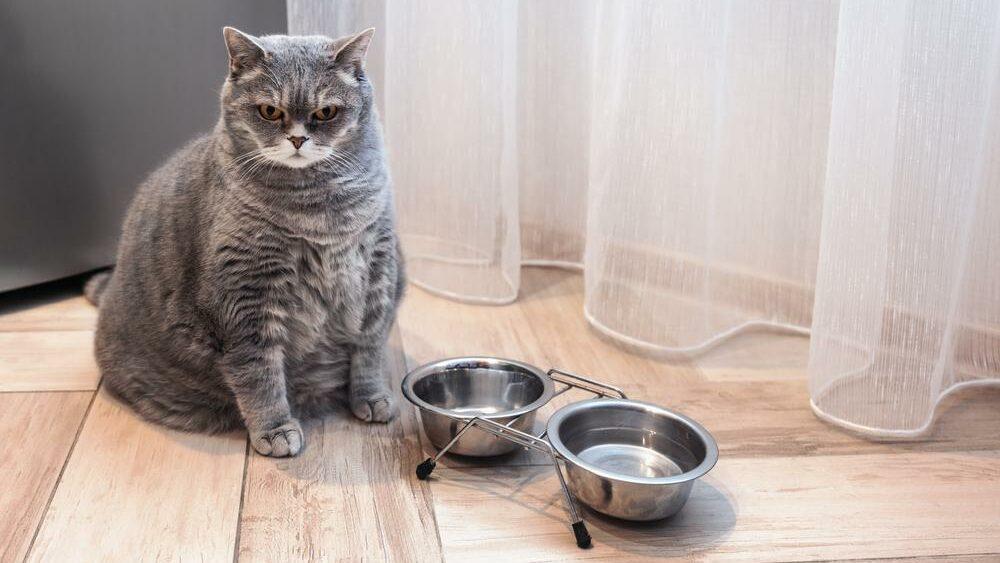
Pets should never consume more than 10% of their daily caloric intake from treats or other human foods. With that being said, if you’re giving your pet a bite or two here and there, just be careful. Small bites can quickly add up and lead to weight gain. The consequences of extra weight like diabetes and heart diseases are too much of a risk to take.
It encourages unwanted behaviour.
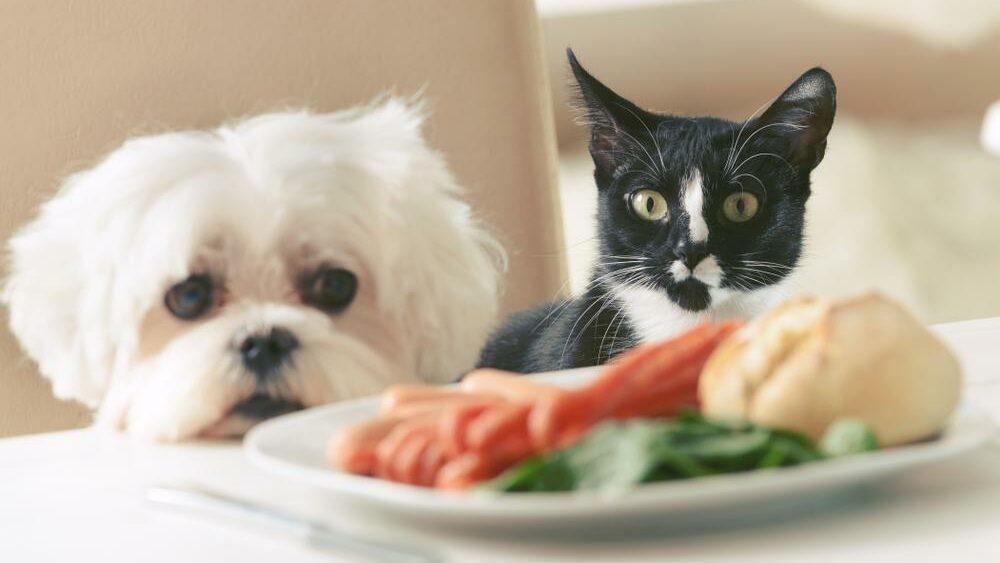
Feeding your pet from the table can reinforce the begging behaviour. Your pets will give you puppy eyes just for your chicken bones. Over time, this can turn into a habit and disturb dining guests. Just like children, pets will start throwing tantrums if they’re not given what they want. Some might begin stealing a toast or two from your plate. After that, pets may refuse to touch their own food. The list can seem exhaustive. So, the best food for our pets is the pellets that they’re used to eating. However, if you wish to change up their diets, run it by a veterinarian first.
Sources: Medical News Today, WebMD, Healthline













